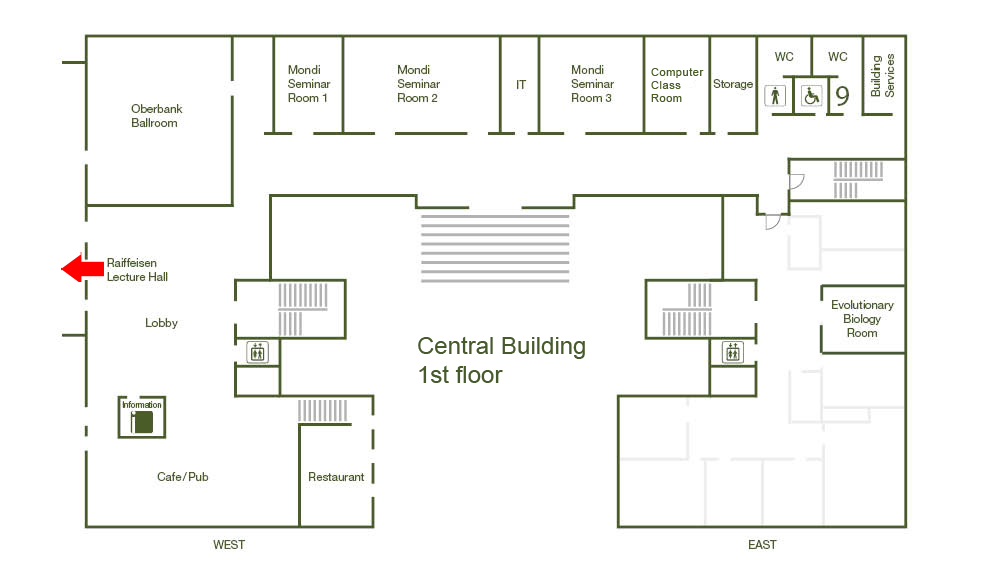Synthetic Biology: Building Molecular Scale Machines

Biotechnology is increasing the ability to read and write DNA at a rate that exceeds Moore’s Law. A new discipline of biological engineering, "synthetic biology", is beginning to design biological components, circuits, and systems by engineering genetic circuits. We are plausibly within 10-15 years of being able to produce genetically-programmed synthetic cells and multi-cellular machines that can carry out useful engineering operations. Applications range from synthesis of bio-compatible materials, to environmental monitoring and remediation, to self-assembly of complex multi-cellular. In this talk I will describe the technological trends and applications that are driving this field, with a focus on the role of feedback and control for design of biomolecular circuits for implementing cooperative behaviors in multi-cellular consortia.